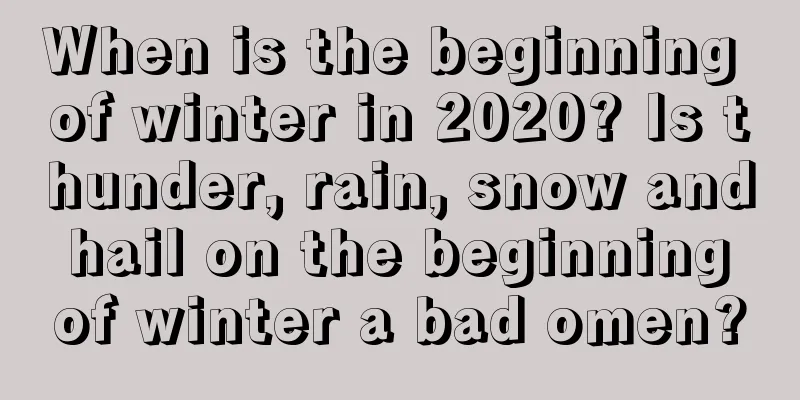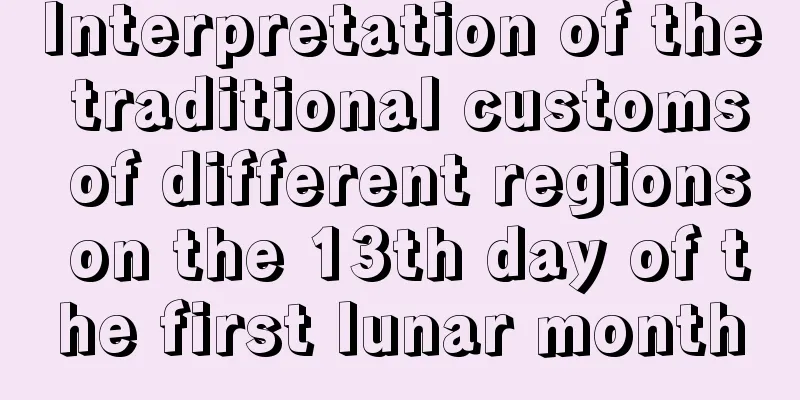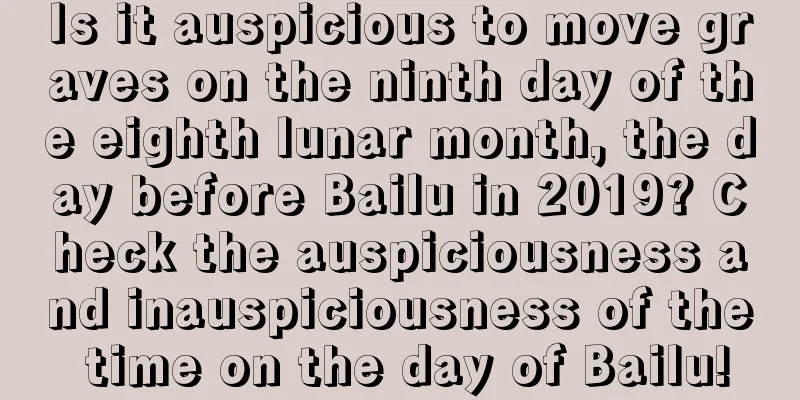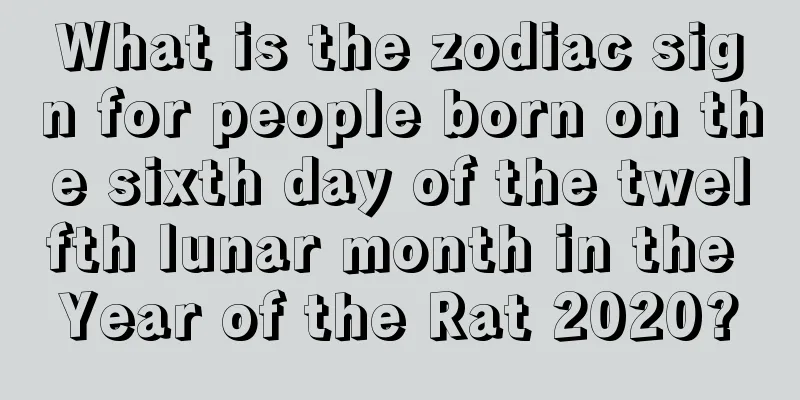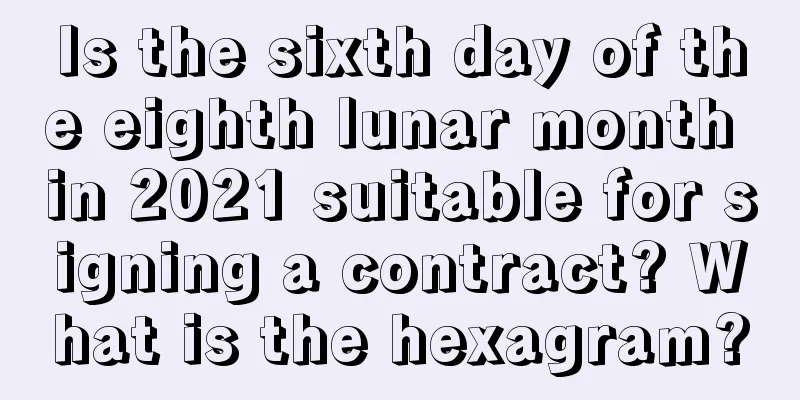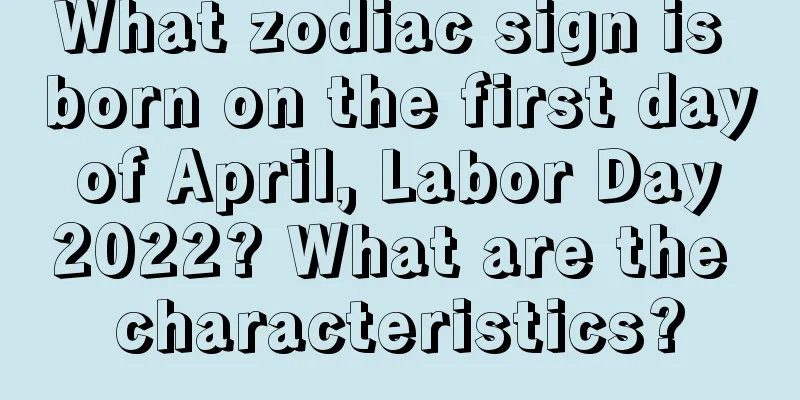Why is the "Summer Solstice Festival" said to be the origin of the Dragon Boat Festival?
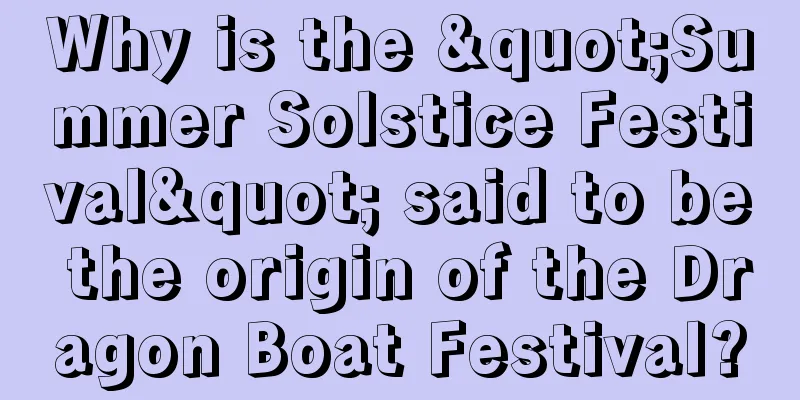
Careful people can find that the Summer Solstice is very close to our traditional festival Dragon Boat Festival. Therefore, there are many sayings that the Dragon Boat Festival evolved from the Summer Solstice. So why is it said that the "Summer Solstice Festival" is the source of the Dragon Boat Festival? Let’s find out together. The fifth month of the lunar calendar in 2018 also ushered in summer. Follow the fortune teller website and spend a long summer with you.Why is the "Summer Solstice Festival" said to be the origin of the Dragon Boat Festival?In the Zhou Dynasty, there were already sacrificial ceremonies on the "Summer Solstice Festival". "Records of the Grand Historian: The Book of Fengshan" records: "On the 'Summer Solstice', sacrifices to the earth are offered with music, and the gods can be worshipped." Therefore, at least before the Zhou Dynasty, my country had formed the custom of offering sacrifices to heaven on the "Winter Solstice" and to earth on the "Summer Solstice".According to written records, the activity of offering sacrifices to the earth has a history of more than 4,000 years in my country. In the fifth month of Xia, in the sixth month of Shang, and in the summer solstice of Zhou, sacrifices were offered to the earth at Zhongfangqiu in the marsh. Millet (millet is a kind of fruit of a plant in the north, called yellow rice, also called millet, also known as 為, and 米) is one of the things used in the earth sacrifice on the summer solstice. At the beginning, it was only millet instead of jiaoshu. Later generations adopted the ancient custom of using ox horns to worship ancestors and invented jiaoshu (the prototype of zongzi), and later replaced it with jiaoshu. On the day of summer solstice, millet is ripe, and the ancients had the custom of tasting millet and offering sacrifices to heaven and earth. The ancients used the harvests from farming and hunting to offer sacrifices to the heaven, earth and their ancestors to thank nature for its gifts. The Book of Rites, Monthly Ordinances, states: "In the fifth month of midsummer, the sun rises in the east, sets in the middle of the sky, and rises in the middle of the night. On the days of Bing and Ding, the emperor is Emperor Yan, and the god is Zhurong. ... They offer sacrifices to the stove god and the lungs of the ancestors." "In this month, farmers harvest millet. The emperor tastes millet with young children and offers peaches as a sacrifice to the temple first." The customs of offering sacrifices to the earth during the summer solstice during the Wei, Jin, Southern and Northern Dynasties, the understanding of May in the Yin-Yang philosophy of later witch culture, and the experience of hygiene and epidemic prevention summarized from human survival are all concentrated in the summer solstice and the Dragon Boat Festival, which combine many characteristics. Later, people gradually integrated the various customs of the Summer Solstice and the Dragon Boat Festival, which were originally quite close and sometimes even overlapping, such as offering sacrifices to gods for blessings, exorcising evil spirits and plagues, dragon boat racing, and festival food customs, thus completing the historical transformation from "solar term" (Summer Solstice) to "festival" (Dragon Boat Festival). Analyzing from the above records: First, May 5th is the summer solstice, which is based on the May time period. The folk customs of May are concentrated on May 5th as a day to exorcise evil spirits, avoid poisons and maintain health. As mentioned above, the summer solstice is the Dragon Boat Festival, which may be related to the popularization and development of astronomical calendars at that time. This may also be the real reason why May 5th was later called the Dragon Boat Festival. Second, based on the existing data, it is unanimously recognized that the word "Dragon Boat Festival" first appeared in the "Fengtu Ji" of the Western Jin Dynasty: "On the Dragon Boat Festival in mid-summer, ducks and rice dumplings are cooked. Duan means beginning, which refers to the fifth day of May." It can be inferred that the four hundred years from the Eastern Han Dynasty to the Sui and Tang Dynasties was a period of integration between the Summer Solstice Festival and the Dragon Boat Festival. |
<<: How to maintain health during the summer solstice? Are there any taboos?
>>: Where is the auspicious direction of the God of Happiness on the Summer Solstice, June 21, 2018?
Recommend
Is it appropriate to bury people on the 15th day of the first lunar month during the Lantern Festival in 2021? Is the Lantern Festival also called the Shangyuan Festival?
Introduction: Burial is one of the important matte...
Where is the God of Wealth on the seventh day of the seventh lunar month in 2020? Feng Shui of placing the God of Wealth
Where is the position of the God of Wealth on the...
Analyzing the Jingzhe folk custom of "eating fried insects". Do you dare to eat it?
Introduction: Jingzhe is the third solar term in t...
Does Feng Shui say that the bigger the name, the better it is for babies?
Introduction: In every parent's mind, their b...
Is it auspicious to pray one day after a heavy snowfall in 2019? Is December 7 the heavy snow solar term?
Introduction: You also need to choose an auspiciou...
Qingming Festival taboos, Qingming Festival tomb sweeping and going out taboos
Willows hang down as rain falls, and mist rises fr...
The conditions that lead to the wife's premature death
Although free love is advocated nowadays, some cul...
Analysis of the 28th day of October in the lunar calendar in 2021. Is it a good day to move house?
The pros and cons of moving at different times are...
Is the first day of the fourth lunar month in 2017 a good time to get engaged? OK?
Introduction: According to our traditional marriag...
Is the 26th day of the 12th lunar month in 2017 suitable for moving?
Introduction: Another Spring Festival is approachi...
Which days are suitable for traveling in December 2017?
Generally speaking, the weather in December is col...
Is November 12, 2021 in the lunar calendar a bad day? Can we start work?
The eleventh lunar month has arrived, bringing wit...
What are the do's and don'ts for the Chinese Valentine's Day in 2022? Which zodiac signs need special attention on this day?
Qixi Festival is a festival formed based on the ch...
What is the best gift to give to my boyfriend during the Mid-Autumn Festival in 2017?
Introduction: Mid-Autumn Festival is an important ...
What does the lunar calendar for the Beginning of Summer in 2021 contain? Will the Beginning of Summer be very hot?
Lixia is the first solar term in summer, marking t...
